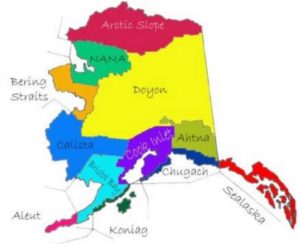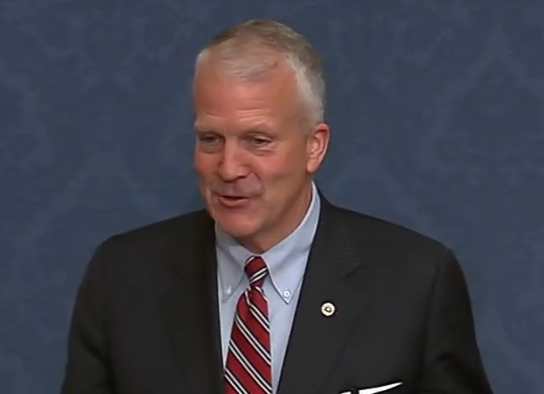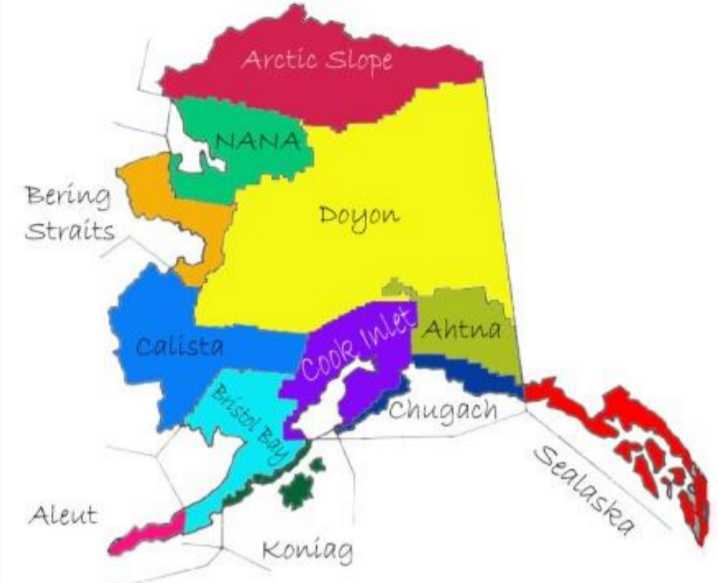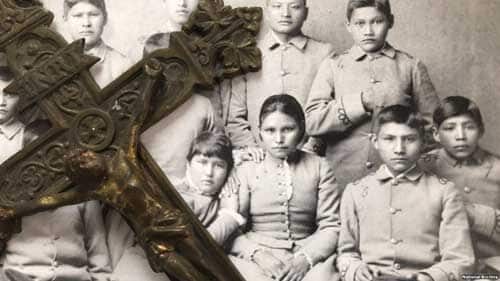
(Anchorage, AK) – With five different opinions issued by three different Solicitors of Indian Affairs in the U.S. Department of the Interior over the past several years, confusion exists over whether the 51-year-old Alaska Native Claims Settlement Act (ANCSA) extinguished the federal government’s ability to take lands into trust in Alaska.
The State filed a lawsuit Tuesday against Bryan Newland, the Assistant Secretary of Indian Affairs, with the U.S. Department of the Interior, asking the U.S. District Court to uphold the settlement terms agreed to by the federal government, Alaska Natives, and the State in the Alaska Native Claims Settlement Act (ANCSA).
“We believe that this issue of tribal lands was settled with the passage of ANCSA in 1971, and that has been the law of the land for more than 50 years. If we are wrong, then the Court needs to clarify it,” said Alaska Governor Mike Dunleavy. “The purpose of the case is to receive unambiguous legal clarity for the State, local governments, the tribes and all Alaskans, on the question of placing Native land into federal trust for the tribes.”
In 1971 Congress passed ANCSA. The Act extinguished Alaska Natives’ aboriginal claims, but in exchange, it authorized the transfer of $962.5 million and 44 million acres of land. Congress also expressly revoked the few reserves/reservations that had been created in Alaska except Metlakatla and provided for the creation of more than 200 State-chartered village and regional corporations, owned and operated by Natives as for-profit businesses subject to State law, the complaint states. This model makes Alaska different than any other state in the United States.
“For 46 years following the passage of ANCSA, under the guidance of multiple Secretaries of the Interior, the Department declined to take lands into trust on behalf of Alaska Natives. That changed in 2017, when the Department, for the first time, accepted lands into trust in Alaska post-ANCSA. And now, after nearly 50 years of certainty, the State and Alaska Natives have entered a period of uncertainty,” the complaint states.
In a short timeframe, five Solicitor Opinions have reached different conclusions on the lands into trust issue. Between 2017 and 2022, two have concluded that the Secretary retains the authority to put Native lands into federal trust, two have withdrawn prior opinions, and one has agreed with the longstanding position—that the Secretary lacks the authority, post-ANCSA, to take lands into trust.
Most recently, in a decision issued in November 2022, Assistant Secretary Newland granted an application to accept a 787-square foot parcel of land located in downtown Juneau in trust by the United States on behalf of the Central Council for Tlingit and Haida Indian Tribes of Alaska and to proclaim that parcel a reservation.
Alaska Attorney General Treg Taylor remarked: “The Assistant Secretary used an 86-year-old statute to create a reservation in downtown Juneau, Alaska, contrary to the position held by prior Solicitors for decades. This could throw into question the laws that apply as you walk through a single city block. ANCSA was a compromise that was meant to avoid the Lower 48’s reservation system in Alaska. Congress meant for Alaska to be different. In order to avoid confusion and give certainty to all the parties involved, we need the courts, hopefully the highest Court, to tell us once and for all what the law actually is.”
The Central Council has four additional applications pending before the Department. The State is also aware that the federal agency has received applications from the Ninilchik Traditional Council and the Native Village of Fort Yukon.
Read the State of Alaska v. Bryan Newland (211KB PDF), Assistant Secretary, Indian Affairs, U.S. Department of the Interior, complaint here.
Read the Solicitor Opinions from 2017, 2021, and 2022 here.
For more information contact Solicitor General Jessie Alloway or Assistant Attorney General Christopher Orman at (907) 269-6612.
# # #[content id=”79272″]








